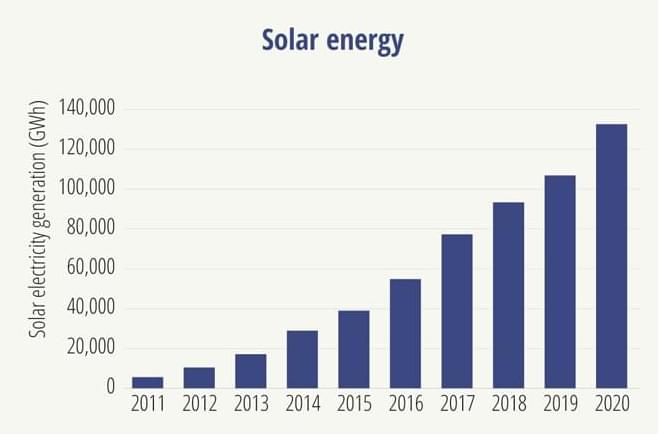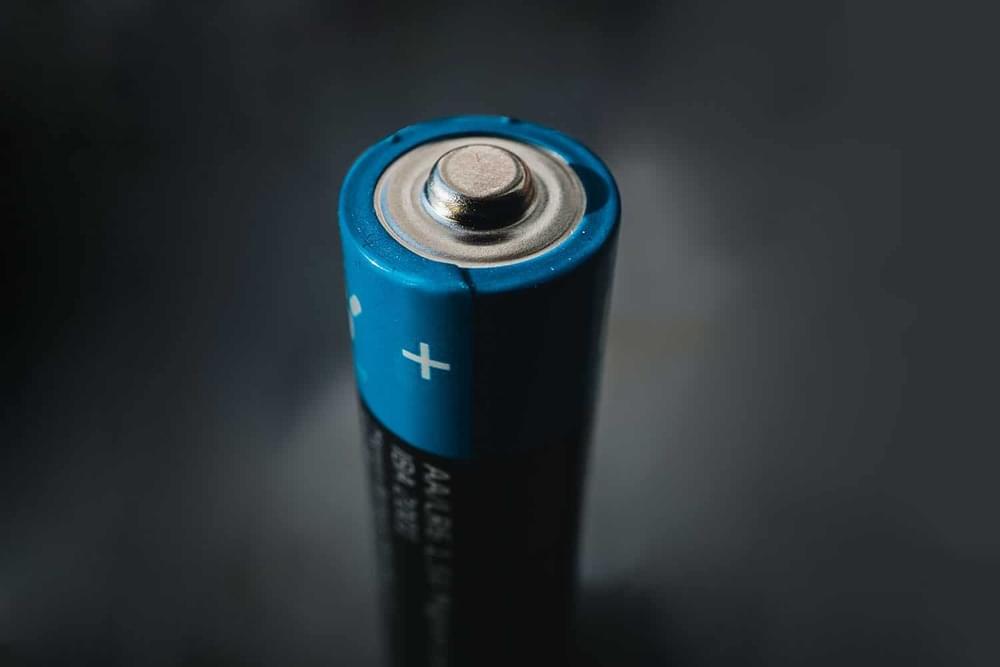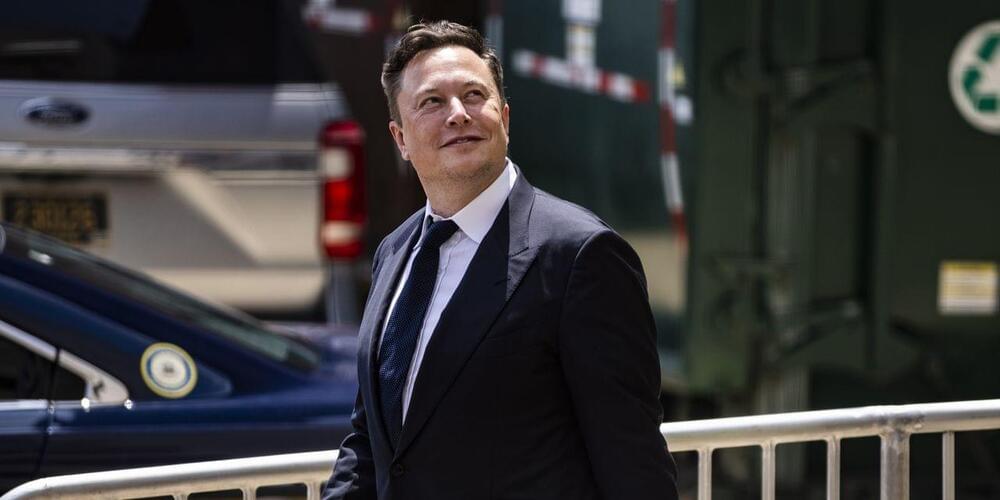A new report, published this week, highlights the explosive growth in solar, wind, electric vehicles, and other clean tech in the United States.


*To date, most studies have focused on understanding how much carbon is stored above ground (in trees and other plants, for example). This research, however, revealed that when you look below ground and get into deeper levels of soil, there are massive deposits of carbon.*
Canada’s first-ever national carbon map reveals the location of billions — yes, billions — of tonnes of carbon stored in ecosystems across the country. This data, and how we use it, could alter the pace of climate change.
Over the span of two years, researchers fed data from existing soil samples collected from across the country, as well as long-term satellite data and topographic and climate variables, into a machine-learning algorithm. Researchers were able to estimate carbon at a 250-metre spatial resolution in different carbon pools (soils and plant biomass), as well as at multiple depths (1−2 metres).
Tens of thousands of field measurements were fed into a machine-learning algorithm to train satellite observations, including space-based laser scanning data, to estimate carbon stocks in plant biomass and soils across Canada. The resulting national carbon map will have a huge impact on the way conservation activities and policies are approached to prioritize nature-based climate solutions.
## ORIGINAL PAPER
Large soil carbon storage in terrestrial ecosystems of Canada

Scientists at Oak Ridge National Laboratory (ORNL) have developed a scalable, low-cost electrochemical pulse method to improve the contact between layers of materials in solid-state batteries, resolving one of the big challenges in the commercial development of safe, long-lived energy storage systems. The new technology could pave the way for electric vehicles and smartphones that work much longer with each charge.
One of the challenges in manufacturing solid-state batteries is the difficulty of getting materials to properly join and remain stable during repeated cycles of charging and discharging. This leads to instability in the joints and causes the formation of voids, something known as contact impedance. Applying high pressures is one way to solve this problem, but that process can lead to shorting and would need to be re-applied periodically to extend the battery’s life using an expensive aftermarket application.
ORNL scientists have found that they could eliminate these voids by applying a short, high-voltage electrochemical pulse when joining layers of lithium metal anode material with a solid electrolyte material. These pulses see a current surrounding the lithium metal-encased voids and cause them to dissipate, leading to increased contact at the interface of the materials while resulting in no detrimental effects.

Solar car is better option.
The influx of electric vehicles into Australia could put an additional load of 20 gigawatts a day — or a doubling of peak electricity demand — on the electricity grid by 2030 if most owners charged up at the same time every night, a new report has found.
The $350 million research collaboration between industry, universities and government has identified a raft of challenges for the arrival of EVs which are expected to make up 80 per cent of new vehicles sales by the end of the decade, making up almost 25 per cent of Australia’s total car fleet.
While there will be huge benefits from taking petrol-guzzling cars off the road, the arrival of EVs – which need to be charged either at home or at public charging stations – creates a range of new headaches, not the least for the electricity grid.
For over a decade, Israeli atmospheric water generator (AWG) company Watergen has been one of the players working to refine and grow air-to-water technology that can efficiently pull water vapor out of the air and collect it as fresh, filtered drinking water. Its previous work has focused heavily on large installations to supply communities, businesses and households, and its latest innovations shrink the water-harvesting tech into a form portable enough for overlanders, RVers, tiny home dwellers and other off-grid explorers.
The last time we ran into Watergen’s work was at CES 2,019 where it showed the Automotive AWG system. The center-console-integrated system was one of the wondrous highlights of the show, but it seemed an odd, limited use for a technology with such potential, a strange detour on a larger journey. Does the average passenger car driver really need a water tap over the cupholders?
If a mobile air-to-water generator is to find a following amongst drivers, it would be a far better fit for vehicles that spend long hours traveling through places without much access to water – motorhomes and camping trailers, specialized remote-work trucks and vans, and perhaps long-haul tractor-trailers, to name a few examples.

US-based Wright Electric has announced a 100-seat electric short-hop aircraft slated to go into service by 2026. It’ll either be powered by hydrogen, or it’ll use recyclable metal in what the company calls an “aluminum fuel cell.”
Wright is working on a number of large electric aircraft projects, including an even bigger 186-seater it’s developing in conjunction with European airline EasyJet and BAE Systems. This would be a “low-emissions” electric, presumably using a fossil-fueled range extender to top up its batteries and extend its flight range to around 1,290 km (800 miles). The partnership is pitching it as a “path” towards clean aviation, a kind of Prius of the skies, that will prove the electric powertrain while waiting for energy storage to come up to scratch.
Wright’s latest project, however, will be totally zero-emissions, and will use high-density energy storage to tackle flights up to an hour in duration – that’s enough for the ~1,000-km (620-mile) hop between Sydney and Melbourne, or London-Geneva, or Tokyo-Osaka, or LA-San Francisco.




With 145,000 panels.
The world’s largest floating solar farm has now begun operations at the Sirindhorn Dam on the Lam Dom Noi River in Thailand. The dam has a capacity of generating 45MW of power using its solar panels, the Electricity Generating Authority of Thailand (EGAT) confirmed in a press release.
The news comes after the country started advancing its carbon neutrality goals by 15 years. At the United Nations Climate Change Conference being held in Glasgow, UK, Thai Prime Minister Prayut Chan-o-cha pledged that his country would attain carbon neutrality by 2,050 much ahead of the earlier set target date of 2,065 local media reported. The announcement is a major move considering that two-thirds of Thailand’s current power generation is sourced from natural gas.